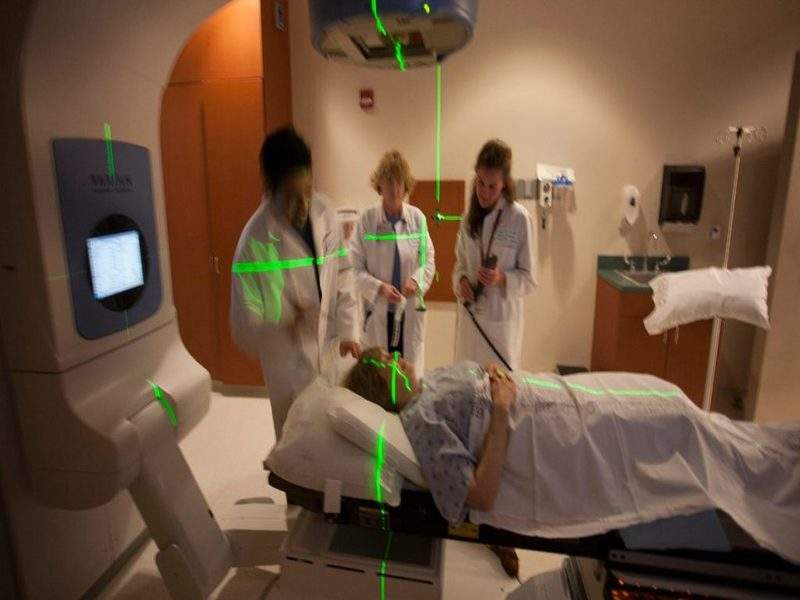

Japanese-based Hitachi's subsidiary Hitachi Healthcare Americas has signed an agreement to collaborate with the University of Texas MD Anderson Cancer Centre to evaluate the intensity-modulated proton beam therapy (IMPT) in a clinical trial for oropharyngeal cancer of the head and neck.

Discover B2B Marketing That Performs
Combine business intelligence and editorial excellence to reach engaged professionals across 36 leading media platforms.
The firms will partner on research for the trial, which will compare the outcomes and side-effects of IMPT with those of intensity-modulated photon therapy (IMRT).
Photon therapy uses X-ray beams, which are said to pass through the cancerous tissue and kill both healthy and cancerous areas present in the path of the beam.
The therapy is also reported to deliver the beam’s highest energy at the precise tumour site without damaging the surrounding healthy tissue and vital organs.
IMPT is a type of spot scanning proton therapy initially installed at MD Anderson's Proton Therapy Centre in May 2008.

US Tariffs are shifting - will you react or anticipate?
Don’t let policy changes catch you off guard. Stay proactive with real-time data and expert analysis.
By GlobalDataDuring IMPT, the energies of proton beams directed from several angles are altered to ensure that the tumours of complex shapes will also be accurately irradiated.
The trial is set to be conducted at approximately ten additional sites and will be led by MD Anderson Proton Centre medical director Steven Frank.
Frank said: “We have treated more than 7,500 patients, with 2,000 of these patients being treated with IMPT via this long-term collaboration.
“We are confident that by working together, we can gain greater insight on the advantages of proton therapy."
It is expected that the data from the trial will enable Hitachi to advance the research and development within and beyond proton therapy.
Image: Hitachi and MD Anderson collaborate for intensity-modulated proton beam therapy research. Photo: courtesy of the University of Texas MD Anderson Cancer Centre.





